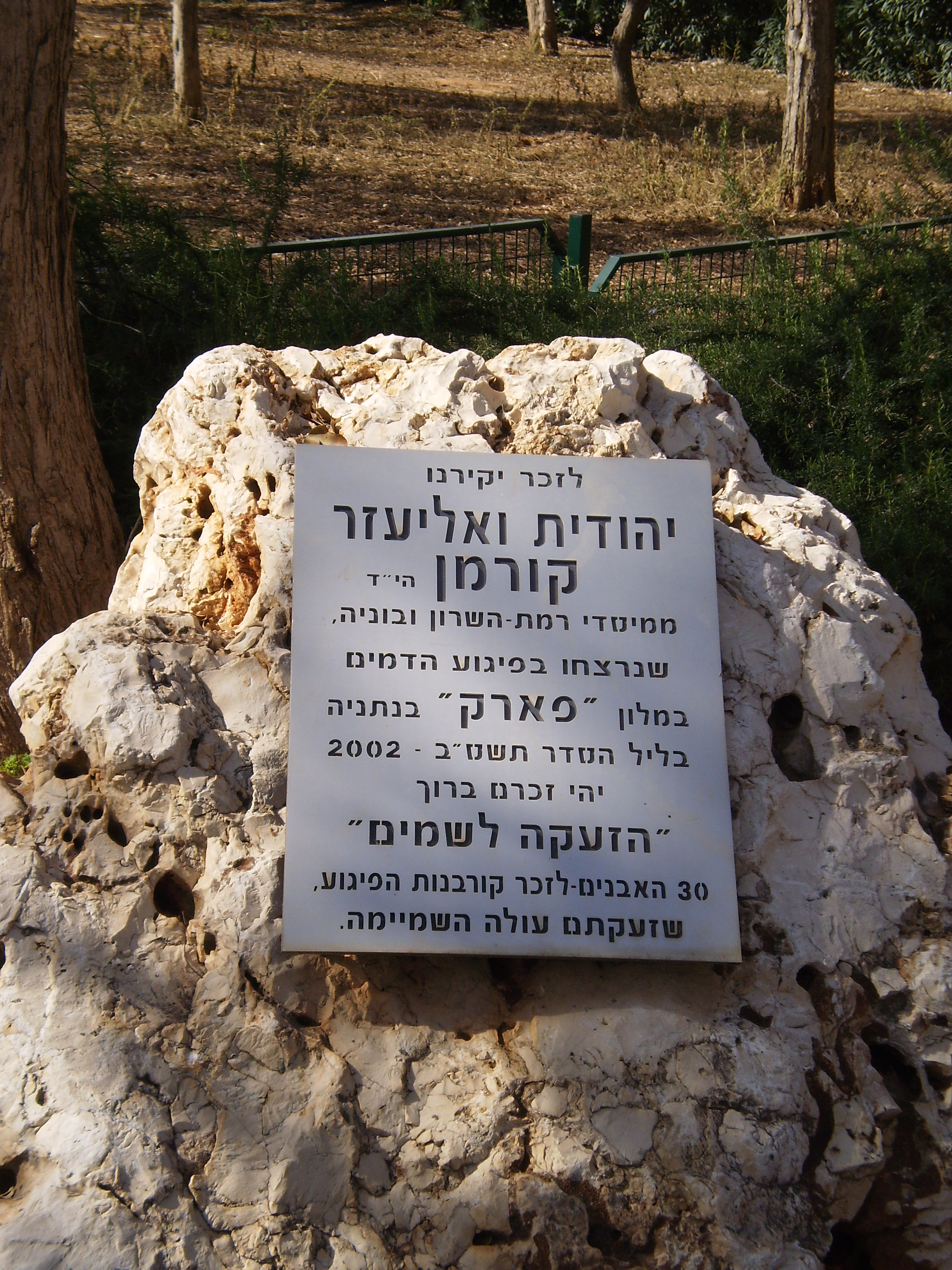CMES Film Screening and Discussion Explores Perspective and the Israeli-Palestinian Conflict

By Mitchell Hightower
On the evening of February 6 the Council on Middle Eastern Studies screened the film The Attack (or, as it was called in Israel, The Shock) and followed it up with a discussion with Near Eastern Languages and Civilizations professor Youness Elbousty and Hebrew senior lecturer Ayala Dvoretzky. The screening was a part of the CMES North Africa spring series, which continues through April.
The Attack, based on a 2006 novel by Algerian writer Yasmina Khodra, follows the prosperous Arab Israeli doctor Amin Jaafari as his comfortable life as a well-respected Muslim in Jewish Tel Aviv comes apart after his wife’s alleged involvement in a suicide bombing. Amin travels to his hometown of Nablus in the West Bank in search of answers, and is forced to confront not only his wife’s secrets, but also his complicated relationship with his past and the difficulty of reconciling perspectives of the people he knows on both sides of the Israeli-Palestine borders.
“The Attack” was selected for screening because of what Elbousty and Dvoretzky considered its very two-sided portrayal of the Palestinian-Israeli conflict. “The salient point is that he’s confused,” said Youness Elbousty.of protagonist Amin Jaafari. Jaafari’s close relationships with both Israelis and Palestinians in the film put him in an interesting position, one from which he could empathize with both sides.
Though some saw it as even-handed, the film’s portrayal of the conflict did not have universal appeal. In fact, the Arab League demanded a boycott of the film upon its release, and Morocco remains the sole Arab state to have allowed its release. Major donors to the project in Egypt and Qatar eventually requested not to be credited for their contributions.
The book and film’s exploration of differences in perspective were inspired by real-life events in 2002. In March 27 of that year the “Passover massacre” took place when a suicide bomber killed 138 Israelis who were celebrating seder dinner in a hotel. In response, Israeli forces raided the city of Jenin, which had become known as the origin point of many suicide bombings and terrorist acts. That invasion would also be declared internationally as a massacre, and it was in the aftermath of Jenin that The Attack is said to take place.

Following the film screening Elbousty and Dvoretzky took questions and discussed some of the more interesting aspects of the film. “He took a person and tried to walk us with him in his effort to find the truth,” said Dvoretzky of director Ziad Doueiri. “We can focus on many aspects of trust, marriage, conflict…it’s done in a very quiet, subtle way.” Audience members commented on various notable aspects of the film, details such as the (for some surprising) fact that a Christian woman was involved in anti-Israeli activity.
By the end, Amin Jaafari has been changed by his experiences exploring both Tel Aviv and Nablus, but it is less clear what sympathies he has found as a result. Fascinating though it is, The Attack is full of difficult to watch scenes and ambiguities that may question one’s convictions about the region. As Ayala Dvoretzky said, “The first time I said ‘wow.’ The second I say, ‘okay, now I can start thinking.’”
Mitchell Hightower is a freshman in Branford College. Contact him at anthony.hightower@yale.edu.